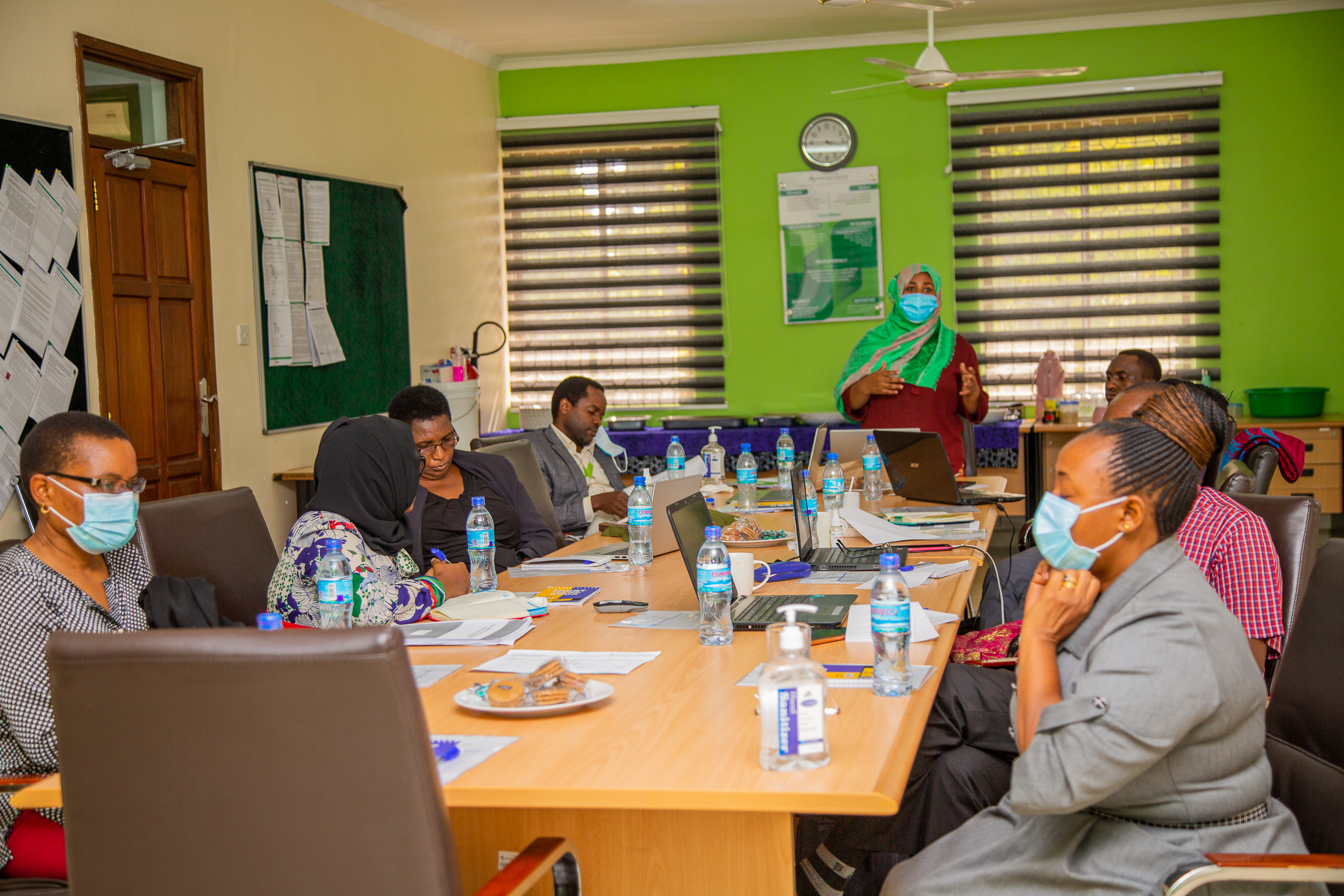
ENGAGEMENT: RECAP program shares evidence with authorities

Global Regulatory & Fiscal Capacity Building Program (Global RECAP), which aims to investigate policies on non-communicable diseases (NCDs) in Tanzania, has shared with government officials evidence from its ongoing study. The evidence was shared for validation during a half-day workshop held in Dar es Salaam.
RECAP principal investigator in Tanzania, Dr. Sally Mtenga, led a team of researchers from Ifakara Health Institute in the process of validating evidence obtained after policy extraction and intensive review process. She was accompanied by Ifakara researchers, Dr. Francis Levira, and Farida Hassan.
After sharing the evidence, representatives of different state organs present were given chance to review and provide their recommendations. The representatives were drawn from the Tanzania Food and Nutrition Centre; Tanzania Bureau of Standards (TBS); Ministry of Agriculture; and Ministry of Health, Community Development, Gender, Elderly and Children.
More: About RECAP
Ifakara Health Institute has officially unveiled RECAP program in Dodoma last year during a day-long engagement meeting with government and key agencies stakeholders, and a special community awareness raising activity at Chadulu area in the capital which was colored by a traditional performance carrying the message on preventing non-communicable diseases.
Dr. Mtenga told the stakeholders during the launching event the program responds to the increasing recognition that the burden of NCDs in Tanzania is alarming. “The common NCDs in the country include hypertension and diabetes. These diseases are mainly linked to unhealthy diet which is known as one of the major modifiable risk factors,” she said.
Against this background, the RECAP program team intends, through a three-year study, to provide evidence on the existing policies and policy gaps in creating healthy food environments, as well as estimate the economic burden of nutrition-related non-communicable diseases to generate evidence for policy action.
The evidence generated, through the study, will inform government actions towards developing a package of effective regulatory interventions for a healthier food environment to reduce nutrition-related NCDs in Tanzania.
The study is supported by the International Development Research Center (IDRC) as part of the Global RECAP program, (in Tanzania, Uganda and Kenya), and will be implemented in collaboration with the African Population and Health Research Center (APHRC) in Kenya, PRICELESS SOUTH AFRICA and EPRC in Uganda. #
